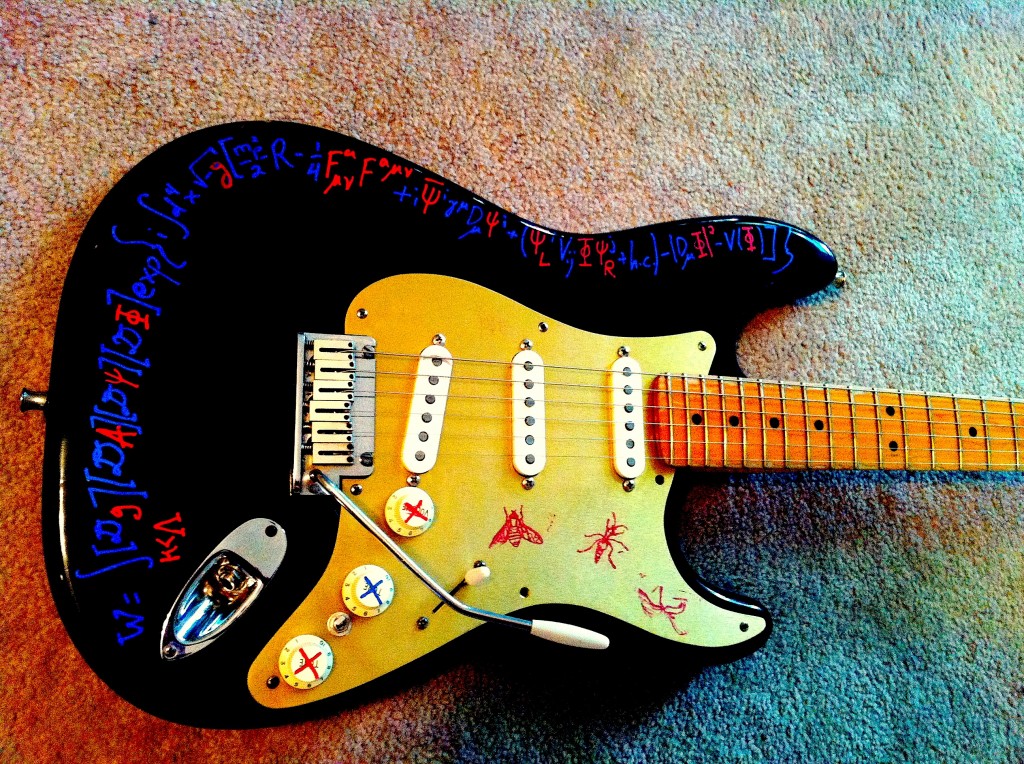Von Freeman, legendary jazz saxophonist, passed away Sunday. He was 88 years old.
Here he is at the 2002 Berlin jazzfest, when Von was a spry 78: Mike Allemana on guitar, Michael Raynor on drums, and Jack Zara on bass. Playing one of Von’s tunes, “Blues for Sunnyland.”
From 2002 to 2007, listening to Von play live was an integral part of my life in Chicago. He had two regular gigs: once a month at Andy’s downtown, where tourists would squeeze in shoulder-to-shoulder to experience something only Chicago had to offer, and every Tuesday night at the New Apartment Lounge on 75th Street, in one of the sketchier neighborhoods on the South Side. Andy’s was great, but the Apartment was special. A tiny little bar, no cover charge, where you could sit within three feet of the band as they explored the outer regions of improvisational possibility. Starting at 10:30, going into the early morning hours — I went often, but never managed to stay for the whole thing. An eclectic crowd of locals, jazz freaks, and University of Chicago students mixed with the musicians who would make the weekly pilgrimage, because after finishing his set Von would turn the stage over to a jam session that nurtured generations of jazz players.
This video was taken in 2010 by someone who was apparently sitting in my old seat at the Apartment. Matt Ferguson is now on bass.
Von was absolutely unique, as a saxophonist and as a person. As a musician he managed to intermingle an astonishing variety of styles, from classic ballads to bebob all the way to free jazz, with more than a few things you would never hear anywhere else. Some thought that his playing was an acquired taste, full of skronks and trills and lighting-fast tempo changes. But once you “got it,” you could hear something in Von that you just couldn’t hear anywhere else. This isn’t just formerly-local pride talking; when John Coltrane left Miles Davis’s band in the 1950’s, Miles tried to get Von to replace him. But Von never left Chicago for more than a few days at a time.
As a person, Von was charming, roguish, stubborn, warm, irascible, and utterly compelling. Sometimes on stage he would get in the mood for talking instead of playing, and honestly it was hard to tell which you preferred. The wisecracks, the wisdom, the Billie Holiday stories, all mixed with the smoke and the cheap beer to create an unforgettable atmosphere.
There wasn’t anybody else like him, and there never will be. We’ll miss you, Von.



